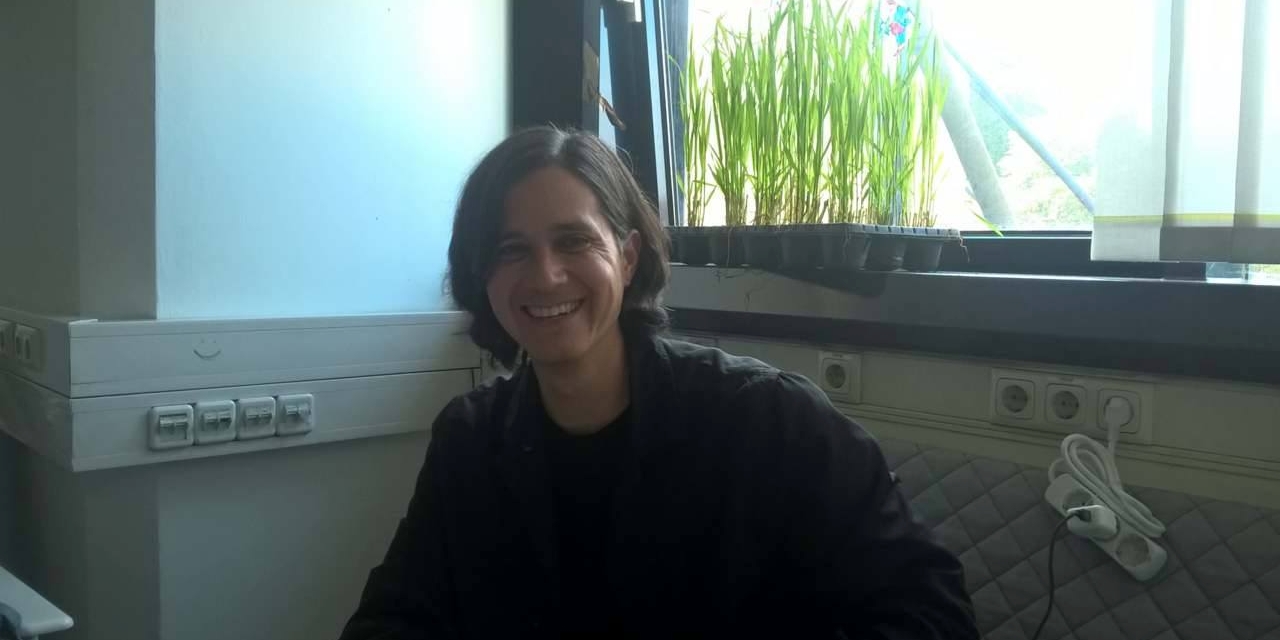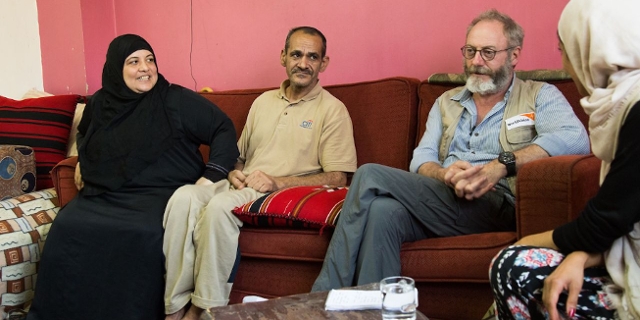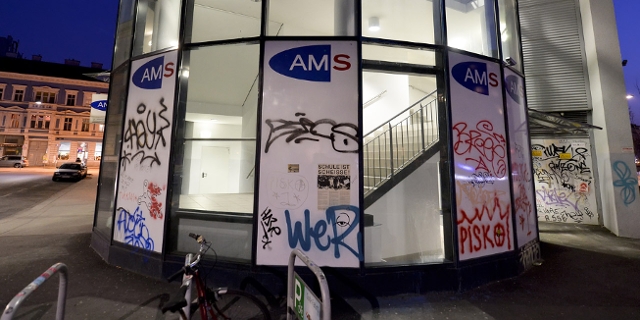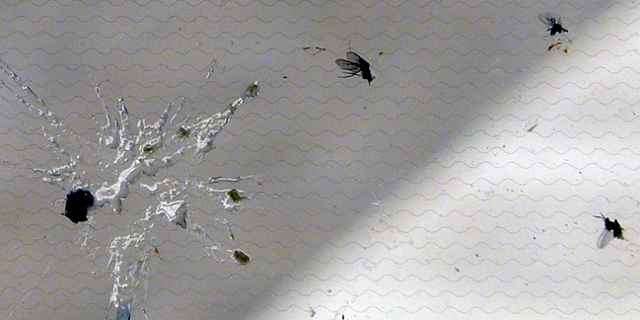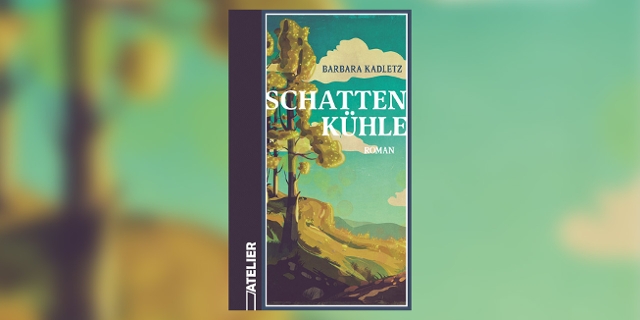WordCar: The Digital Jack Kerouac
Reality Check on Saturday, October 28th
Listen to a Reality Check Special with Johnny Bliss, Ross Goodwin, Kenric McDowell and the WordCar, on a literary journey across America.
Saturday, October 28th, 12-13, and afterwards seven days on demand.
If you miss the program, you can still stream it via the Reality Check podcast or at fm4.ORF.at/7tage.
By Johnny Bliss
In Linz last month, at the tech and futurism-themed ARS Electronica Festival, I had the good fortune to meet some of the most inspiring, odd, and oddly inspiring people, and one of those people was Kenric McDowell (pictured), an artist, engineer and curator at Google’s Artists + Machine Intelligence program.
Kenric was there to promote several projects related to the AMI program, including a documentary directed by Lewis Rapkin, called Automatic on the Road: a film about a travelling, a literary AI system called the WordCar, a project with which Kenrick has been intimately involved.
Yes, this is a literary AI system that travels and writes about the journey.
Earlier this year, it travelled across America (with a team of people), and wrote over 200,000 words of machine literature, the best of which will eventually make it into a book about the journey.
Kenric told me that he and Ross, the inventor, had been inspired by many of the American literary road trip experiments of the 1950s and 1970s, such as Jack Kerouac’s „On the Road“, or Hunter S. Thompson’s „Fear and Loathing in Las Vegas“, which did not surprise me. As a former touring musician (Kenric used to play in a psych-country rock band called the Guitars), who has this sort of freewheeling artist-philosopher way about him, his personality reminded me of some of the characters in those books.
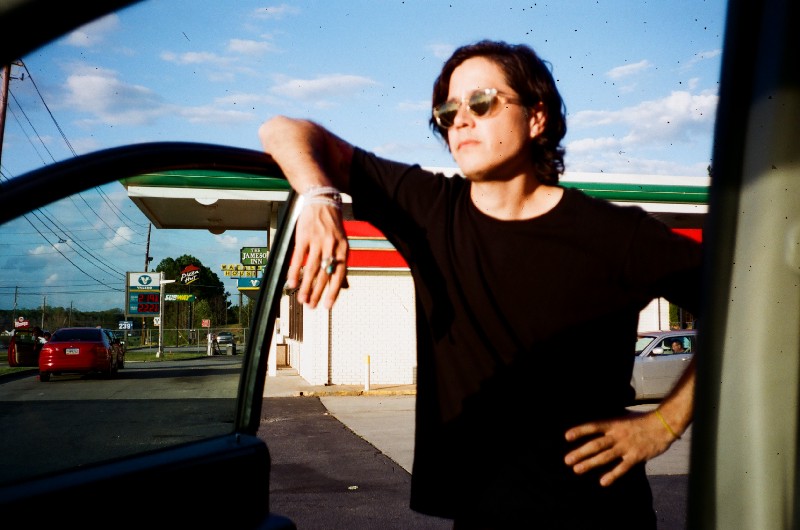
Christiana Caro
That said, there were some major philosophical differences between what he and his team accomplished, and, for example, the journey documented in Tom Wolfe’s „Electric Kool-Aid Acid Test“, as Kenric himself told me.
„The literary precedents that we were starting with (to frame the project) were also experiments, but there was something about this that reflects the nature of the times. [Our journey] was very technological, with corporate involvement, so in the sense of it being an exploration of a landscape of wildness or freedom, I think it was actually quite constrained.“
„Historically, given what the landscape is like now and the space that we were going through, I felt it was more like traveling through a ruin or traveling through a dystopian landscape with a cyberpunk ethos, rather than a wild journey into the unknown.“
He wrote a long-form essay about their journey on the AMI blog.
The Mad Technologist Responsible
Kenric was instrumental in assembling the resources to make the journey of the WordCar a reality, but it never would have happened at all, if not for the man who produced and developed the WordCar system: Ross Goodwin, a self-described „creative technologist, hacker, gonzo data scientist, and artificial intelligence expert“.
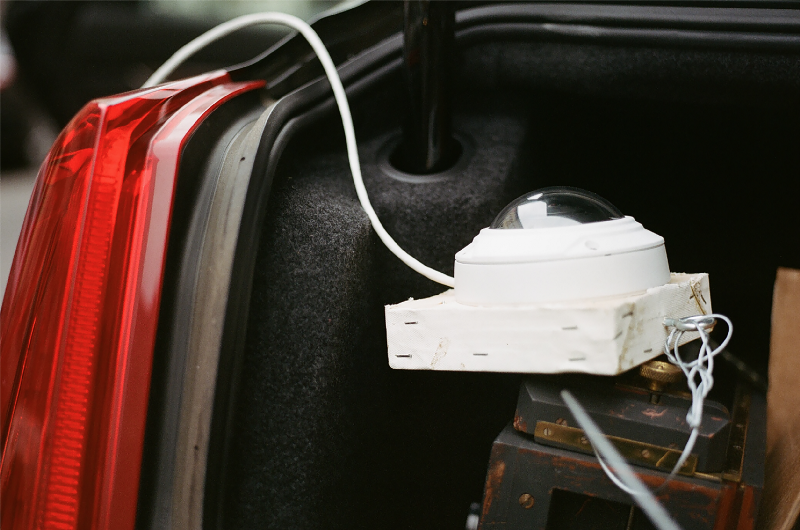
Christiana Caro
I’m afraid I didn’t get to meet Ross, but in the WordCar documentary, Automatic on the Road (see above), he told Lewis Rapkin: "I was able to put books that I liked into this machine, that could suddenly learn how to write like my favourite authors, and it was intoxicating.
„This is a machine that, when it starts learning, it’s just spitting out random messes of letters and spaces and punctuation. No words are even in there. This is a machine that learns by looking at books humans have written, what words are, what grammar is, and how to put together ideas into sensical-sounding sentences, and it’s not quite human level. I mean, this is more like an insect-brain that’s learned how to write.“
Sitting there with me in the ARS Electronica press room, Kenric told me, „[Ross] is somebody who writes a lot, so it’s a natural progression for him to produce a system that can write continuously! I think the motivation for him was that a lot of these poetry systems that he’s made in the past stay in one place, and so the idea of taking the poetry system on the road and showing it more than just what was in a room, or showing it what you can bring to it, but bring IT to these other things, that was interesting to him.“
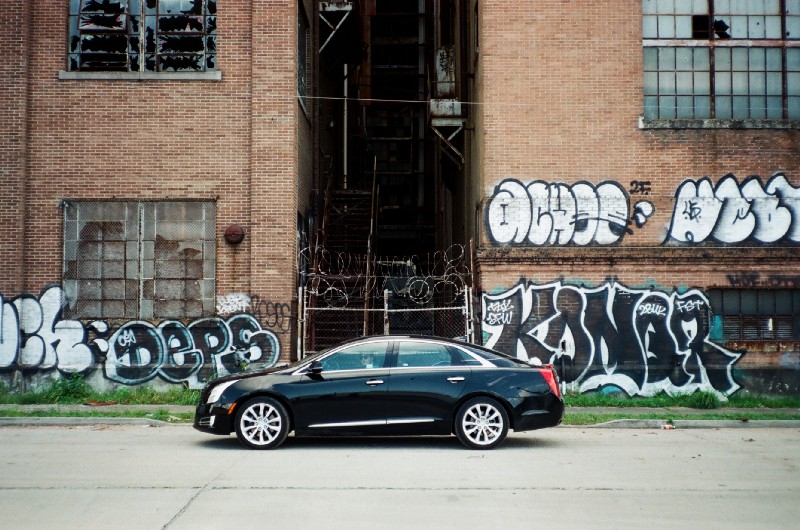
Christiana Caro
Some excerpts of the poetry of the WordCar:
„Taco Bell: a fast food restaurant in Thomson, the boy had been a man of fifty-five, and trees in the background, you know, depressed him. The black hair on the woman was short, her eyes blushed and she was burning as if to shake her head and seeming to be filling her way.“
„The plate is black, he said. The children took a look at him. He was still standing at the door and said, You shouldn’t be angry with me anymore.“
„The commotion was over. Green leaves on trees and the long streets of the station are standing around the bar and the houses are closed. A shadow on the ground floor was still being ready to be found. A tree in the distance passed behind the car and stopped behind the parking lot.“
„The back of a black cat was stamped on the porch, and the air was so full of shadows that the floor was open and the cold was being brought in. Clouds in the sky were the only way to make a conversation of the stars, and the world was different.“
Reality Check on Saturday, October 28th
Listen to a Reality Check Special with Johnny Bliss, Ross Goodwin, Kenric McDowell and the WordCar, on a literary journey across America.
Saturday, October 28th, 12-13, and afterwards seven days on demand.
If you miss the program, you can still stream it via the Reality Check podcast or at fm4.ORF.at/7tage.
Publiziert am 28.10.2017







